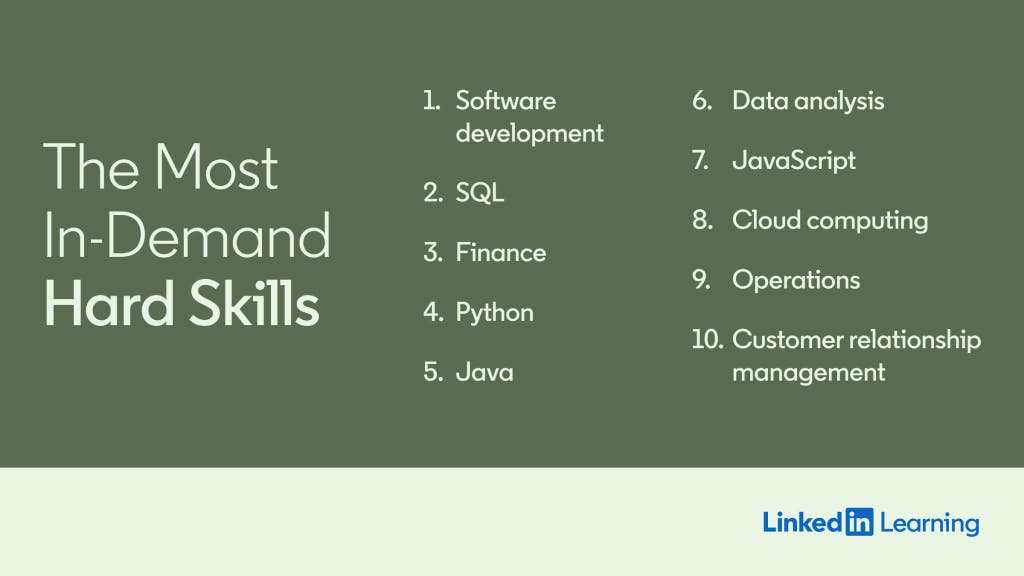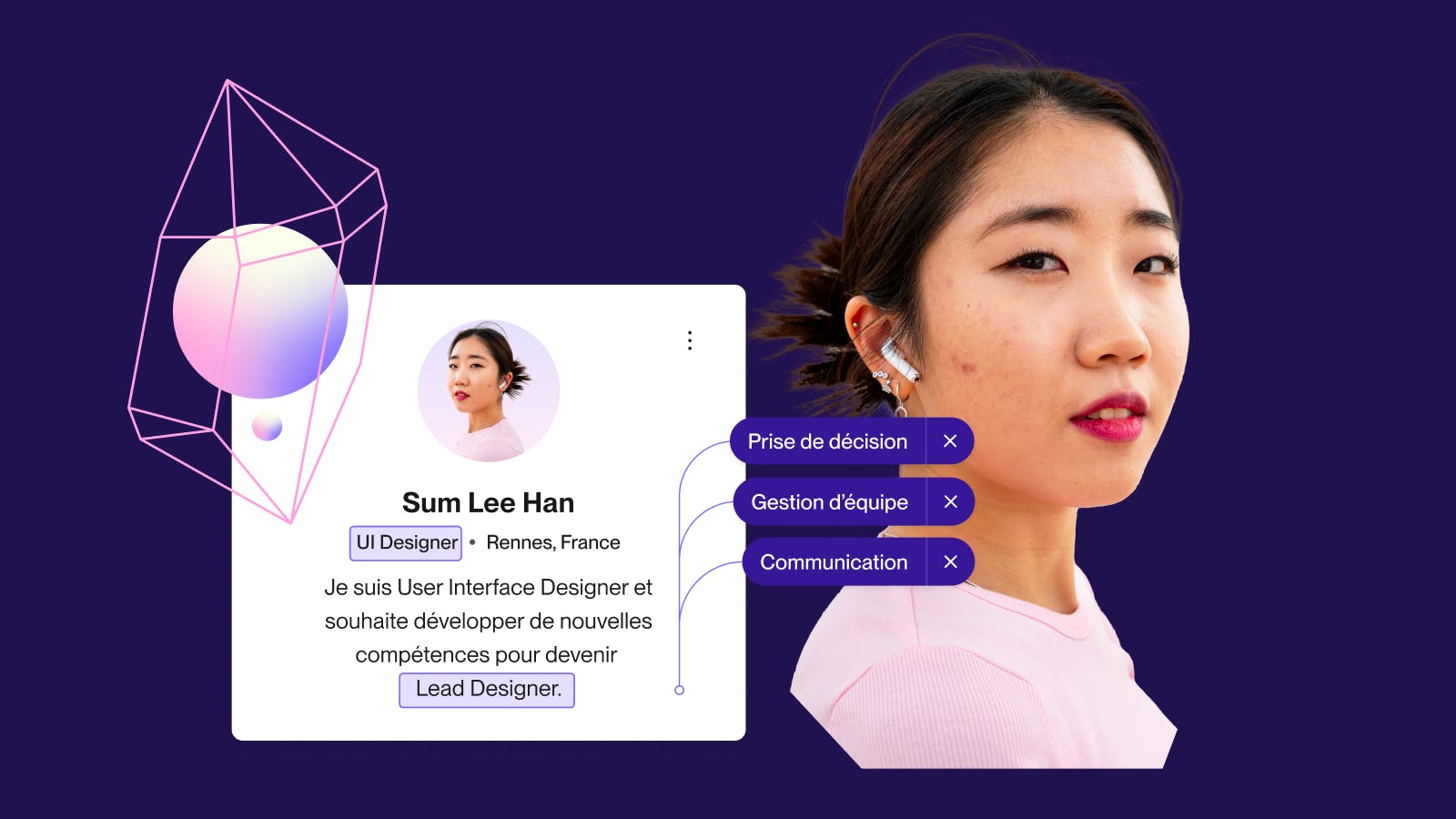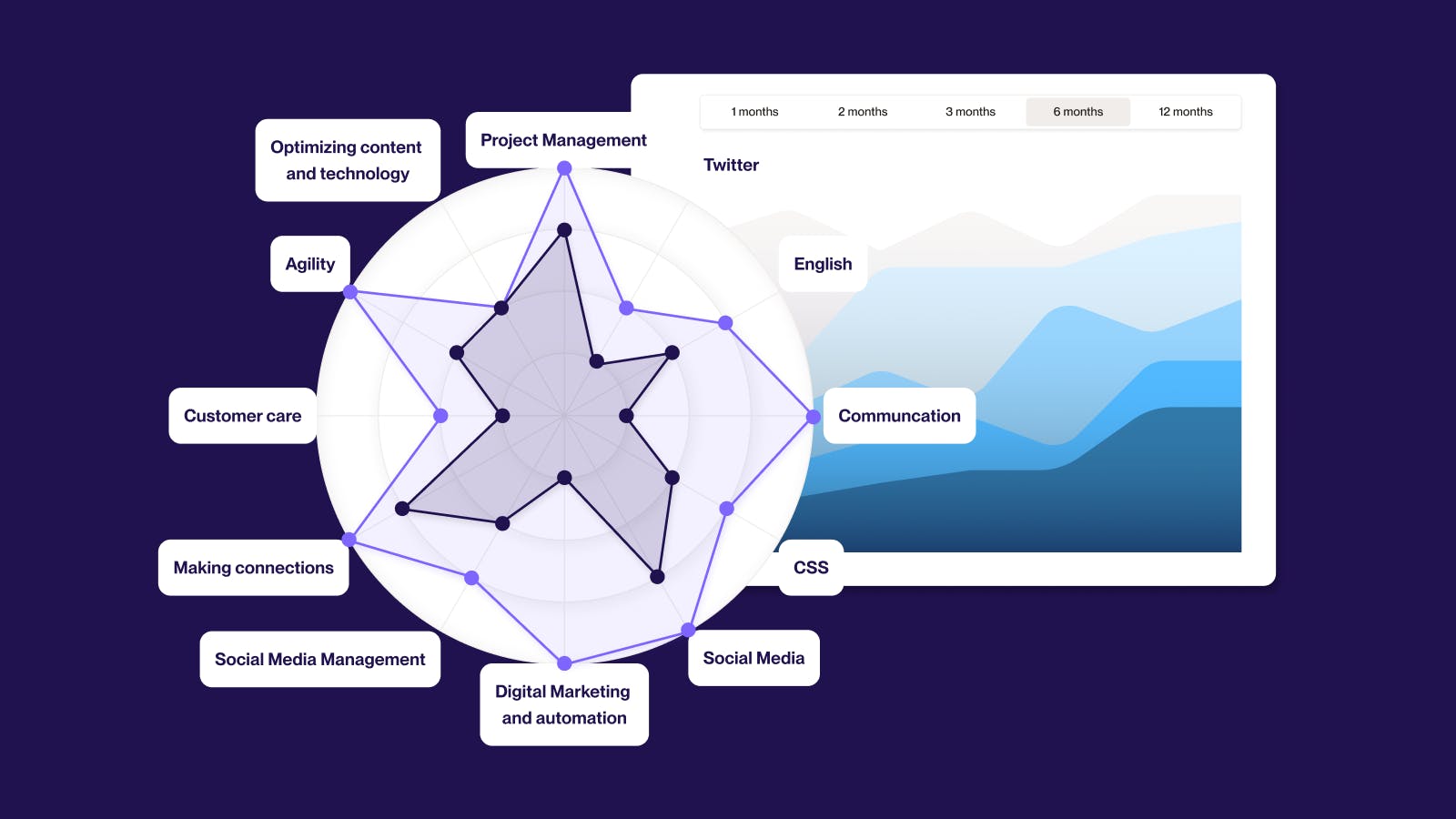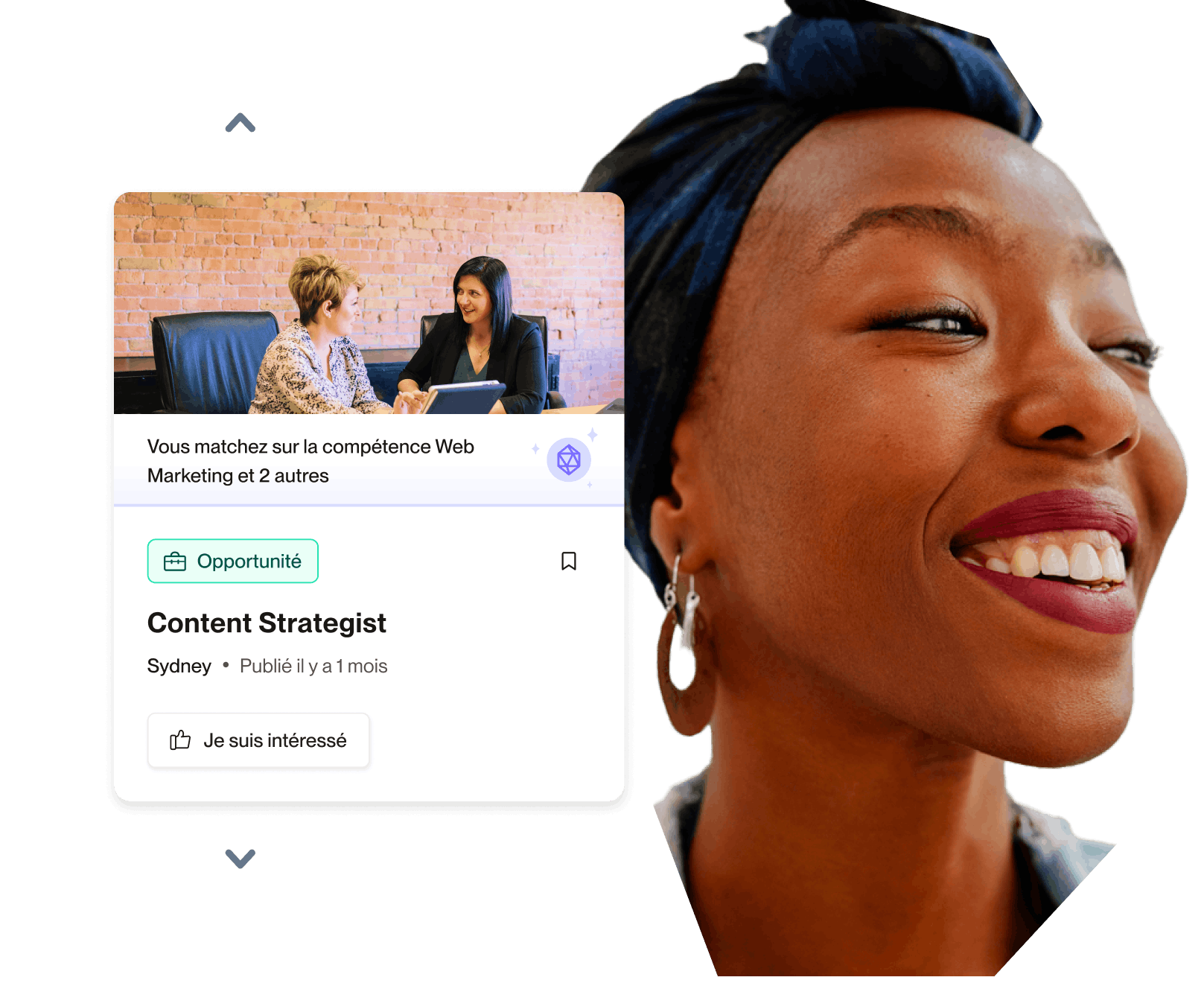Why skills development is essential for businesses: strategies to bridge skill gaps and boost employee engagement

What are skills, and why are they critical in today's modern world of work?
A skill is a combination of knowledge, abilities, and attitudes that enable an individual to make sound judgments in a specific domain. With the workplace rapidly evolving and technology advancing, staying ahead in acquiring in-demand skills has never been more important. As 2024 approaches, certain skills are set to dominate the job market.
Here, we’ll explain why these skills are vital, complementary, and why businesses should prioritize upskilling their workforce.
Types of skills: Hard, Soft, and Mad Skills
When it comes to categorizing skills, there are three key types:
Hard skills: technical competencies
Hard skills refer to technical abilities acquired through education or career development. They are measurable and often job-specific. For instance, mastering foreign languages, programming languages, or Excel proficiency are considered hard skills. These skills can be enhanced through training or professional development.
The Top 10 Hard Skills for 2023, according to a LinkedIn study:

- Software Development
- SQL (Structured Query Language)
- Finance
- Python Programming
- Java
- Data Analysis
- JavaScript
- Cloud Computing
- Operations Management
- Customer Relationship Management (CRM)
Soft skills: behavioral and interpersonal abilities
Soft skills are non-technical attributes such as teamwork, leadership, communication, and time management. These human-centric skills are becoming increasingly crucial in today’s fast-changing workplace, where adaptability and emotional intelligence are valued as much as technical expertise.
Soft skills can be divided into:
- Intrapersonal skills: Self-management abilities like stress management, time management, and self-awareness.
- Interpersonal skills: Abilities that foster teamwork and effective collaboration, such as active listening and empathy.
Mad skills: out-of-the-box talents
Mad skills, or unique abilities gained through hobbies or unconventional experiences, demonstrate creativity and innovative thinking. A 2019 Indeed survey found that 68% of recruiters value personal hobbies listed on resumes, and 54% said unconventional work experiences positively influenced their hiring decisions.
Mad skills add a layer of uniqueness and problem-solving ability to a team, making them highly desirable in a world that thrives on innovation.
Why hard and soft skills are complementary

Hard skills help employees complete specific tasks, while soft skills enable effective execution in team-based environments. For instance, an IT developer proficient in coding (hard skill) but lacking communication (soft skill) may struggle to contribute effectively to a collaborative project.
Key benefits of combining hard and soft skills include:
- Enhanced performance: Technical expertise and teamwork together boost productivity.
- Professional growth: Soft skills like resilience and adaptability help workers evolve alongside their technical capabilities.
- Career progression: While hard skills may open the door to a job, soft skills pave the way for leadership opportunities.
Top skills to watch for this year
As industries evolve, possessing a blend of hard and soft skills will be essential to thrive. Below are the most sought-after skills for the upcoming year:
Top 5 Soft Skills for 2025
- Emotional Intelligence
- Creativity
- Collaboration
- Adaptability
- Analytical Thinking
Top 5 Hard Skills for 2025
- Cybersecurity
- Cloud Computing
- Artificial Intelligence (AI)
- Digital Marketing
- Data Science








Why Businesses should prioritize skills development

Staying updated with sought-after skills is critical for several reasons. Firstly, it makes you a more competitive candidate, as employers seek individuals with current capabilities to keep their business ahead of the competition. Secondly, possessing in-demand skills can lead to higher salaries and increased job security. Finally, keeping up with the latest skills helps professionals remain relevant in their field and advance their careers over time.
Focusing on the development of both hard skills and soft skills within your workforce fosters employee engagement by improving their capabilities. This approach directly impacts their motivation, performance, and loyalty to the organization.
In a job market characterized by rapid technological advancements and economic challenges, companies cannot afford to neglect employee development. According to a Deloitte study titled "The Skills-Based Organization," 77% of business leaders believe their organizations should help employees become more employable with relevant skills. Yet, only 5% report investing adequately in skill-building initiatives.
The challenges of digital transformation and the rise of AI significantly affect employee employability. Training your teams to master modern tools and providing skill development plans are essential to ensuring they remain competitive and successful in their roles.
Tailoring skill development to individual employees

Helping your employees develop their skills is vital, but offering a personalized approach to their professional growth is even more impactful. A tailored strategy allows you to meet their unique needs and career aspirations effectively. According to an Opinion Way study, 79% of employees believe that supporting career development should be a key responsibility of employers, and 15% consider it a top priority.
Why hyper-personalization matters
- Unique skills for unique employees: Each employee possesses distinct strengths and areas for improvement. While one might be proficient with a tool like Microsoft Teams, another may need introductory training. Recognizing these differences is essential for targeted skill-building.
- Role-specific context: A job transition or promotion often requires acquiring new competencies specific to the new role. These could include both technical skills and behavioral skills, depending on the position's demands.
By co-creating personalized career development pathways with your employees, you can enhance their growth and retain top talent. However, implementing such strategies at scale requires effective tools and methodologies.
Steps to tailor skill development
- Map Skills Across Your Organization: Begin by identifying and cataloging the skills present within your workforce.
- Dynamically Update Skill Inventories: Continuously refresh your skill framework to stay aligned with market trends.
- Compare Market Trends with Employee Skills: Identify gaps between your workforce's current capabilities and industry demands.
- Bridge Skill Gaps: Offer targeted training and development programs to address discrepancies.
- Design Individual Development Plans: Create personalized learning journeys that align with both employee goals and organizational objectives.
How skills management tool like 365Talents can help
365Talents empowers HR professionals to identify and act on skill gaps, recommending training resources tailored to both organizational and individual needs.
With dynamic insights into skill trends, HR teams can:
- Develop a comprehensive skills strategy.
- Leverage dynamic skill libraries to analyze trends and emerging demands.
- Visualize and address skills gaps across the workforce.
Features of 365Talents
- Dynamic Skill Intelligence: Gain real-time insights into workforce skills, emerging trends, and declining roles.
- Customized Learning Paths: Suggest tailored learning opportunities that align with company goals and employee aspirations.
- Future-Proof Workforce Planning: Predict and mitigate future skill gaps before they arise.
By leveraging 365Talents, organizations can enhance their skills management processes, improve employee engagement, and remain competitive in a constantly evolving market.
Empowering employee engagement through skills development
365Talents places employees and their skills at the center of their professional growth, fostering engagement and loyalty. By providing a platform where employees can explore their strengths, uncover hidden potential, and chart personalized development journeys, 365Talents ensures that talent development aligns with both individual aspirations and organizational objectives. This focus on employee-centric growth not only enhances satisfaction but also unlocks untapped potential, driving innovation and agility within the workforce.
By leveraging 365Talents, organizations can enhance their skills management processes, improve employee engagement, and remain competitive in a constantly evolving market.
If you'd like to learn more about how 365Talents can transform your organization's skills strategy, click here to explore our platform.









